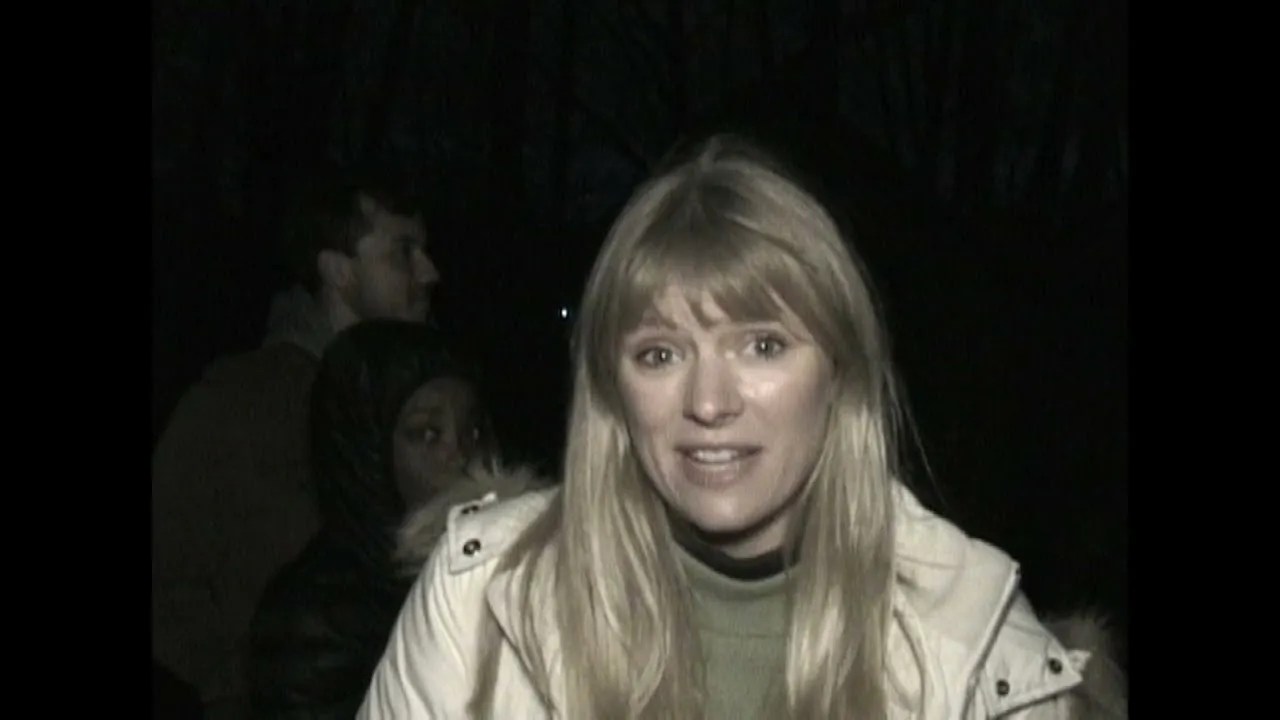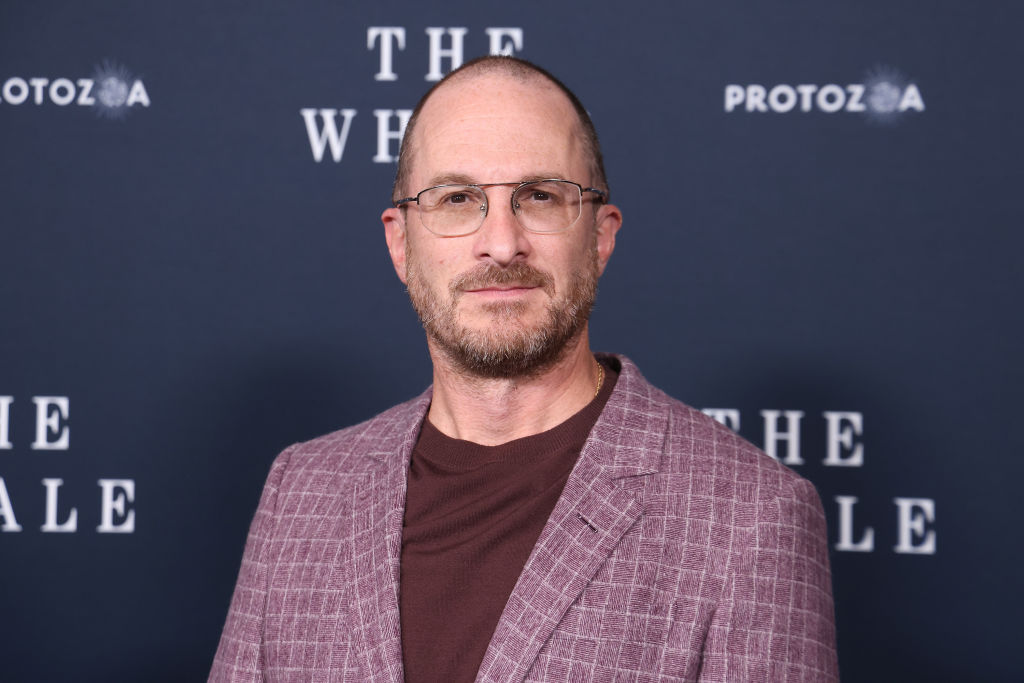How do you bring a bit of joy to one of the saddest places on Earth? If you’re Al (Samantha Smart), you carry around a ukulele and wing it every day. An in-house music therapist at a children’s hospital in Texas, she spends her days trying to entertain kids who may or may not know they’re dying while lending an ear to the parents navigating their darkest hours. On a daily basis, her duties could include anything from singing “Twinkle Twinkle Little Star” to five-year-olds to searching for a rap song that could make a sick teenager crack a smile.
She’d be the first to tell you that cheering up the five-year-olds is a much easier task. When she encounters the 17-year-old Charlie (Gabriela Ochoa Perez), the teenager wants nothing to do with music therapy. Having spent three years living in hospitals and convinced that everyone is refusing to tell her that she’s dying, Charlie thinks she has permanently lost her taste for diversions. Al accepts the challenge of bonding with the girl, meeting her where she is with playful adult conversations and gradually building a friendship that changes her forever.
That’s… the whole movie. And it’s excellent.
The beauty of “Charliebird,” written by Smart and directed by Libby Ewing and won the U.S. Narrative Jury Prize at the 2025 Tribeca Festival, is how little it tries to do. The entire film is built around the remarkable chemistry between its two lead actresses, with Smart embodying Al with incredible empathy and sensitivity, and Perez gradually revealing the smart, funny teenage personality that her health has never allowed her to show off. Major plot points are minimal, as the film simply offers us a few beautiful snapshots of a brief season in two lives. The dark reality is that every hospital stay can only have two possible endings, one happy and the other tragic. “Charliebird” explores both outcomes before settling on one, but it’s more focused on the road to getting there.
Another strength is the film’s honest approach to a subject like music therapy. Al is sincerely devoted to her profession, and sees the act of putting smiles on the faces of sick children as a vocation. And the film portrays some adorable moments with kids and behind-the-scenes drama that shows how seriously the adults take it. But Smart and Ewing never indulge in the temptation to portray it as a magical step in the healing process, or to uncritically claim that art saves lives. That kind of oversimplified approach would have earned them plenty of ovations at festival Q&As, but it would have overshadowed one of the film’s strongest ideas: that music therapy is often a small distraction from inevitable tragedies that not everyone is ready to appreciate.
Of course, that isn’t to say that it’s not worth doing. Much of the tension naturally emerging from the film’s simple plot revolves around the question of how much a tragic situation can really be improved. And while “Charliebird” never shies away from the bleakness of the fate that awaits everyone, all the smiles and laughter contained in cinematographer Luca Del Puppo’s tight pillbox frames make it clear where the film stands on the value of maximizing the days that we do have. Some problems aren’t solvable, but some moments can last forever if you forge a strong enough memory.
Grade: B+
“Charliebird” premiered at the 2025 Tribeca Festival. It is currently seeking U.S. distribution.
Want to stay up to date on IndieWire’s film reviews and critical thoughts? Subscribe here to our newly launched newsletter, In Review by David Ehrlich, in which our Chief Film Critic and Head Reviews Editor rounds up the best new reviews and streaming picks along with some exclusive musings — all only available to subscribers.



